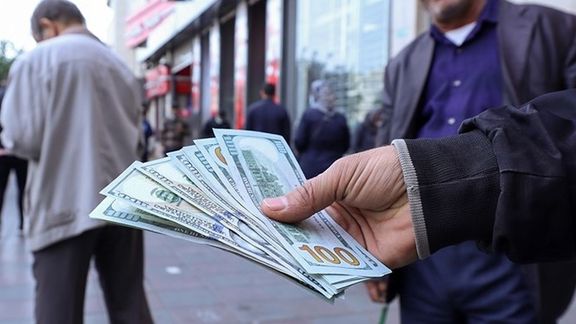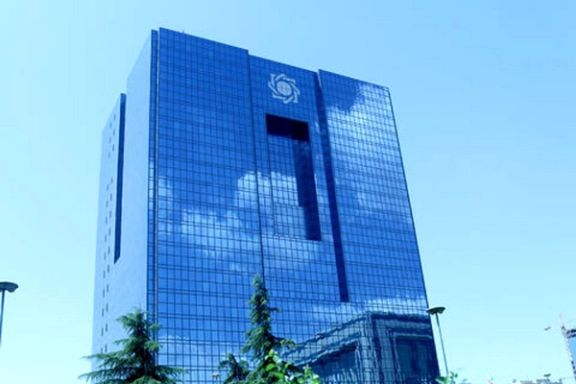Iran Tightening Restrictions On Currency Exchange Businesses

The Iranian government has intensified measures to step up control over its foreign currency exchange market, criminalizing a wide range of unofficial transactions.

The Iranian government has intensified measures to step up control over its foreign currency exchange market, criminalizing a wide range of unofficial transactions.
The Central Bank of Iran announced on Tuesday that any unauthorized currency transactions and online advertisement are now considered a "crime."
The new decree includes any "unauthorized" currency transactions in the virtual space, such as buying and selling, transfers, as well as futures trading, brokerage, and promotion of these activities online "without the Central Bank's permission" are considered instances of criminal content.
The Central Bank's decision underscores the government's determination to tighten its grip on the foreign exchange market. Currency exchange small businesses that engage in such activities may face legal consequences, including potential criminal charges and revoking of their licenses.
The government is desperate to control the currency market hoping that it can artificially keep the Iranian rial high. The currency had lost its value 12-fold since 2018 when the United States withdrew from the JCPOA nuclear accord and imposed sanctions.

The devaluation of the currency has exacerbated an already high rate of inflation. More and more Iranians are moving to exchange their savings to other currencies, but due to various restrictive mechanisms imposed on currency exchange, the people are increasingly using unofficial means such as dealers who work from home as well as relatives and acquaintances.
According to an article by Iran's leading economic daily, transactions among relatives have become the primary choice for individuals to acquire or sell dollars.
The current boom in home-based exchange offices is driven by several factors, the paper said, noting that due to high inflation in recent years, purchasing dollars is considered as an investment option for households, effectively turning Iranian families into potential exchange offices.
Another factor is the complicated regulations of the official market, multiple exchange rates, and restrictive conditions for buying and selling dollars in authorized exchange offices, lead family-run exchange businesses to become the preferred choice for households.
The imposition of taxes on transactions has also turned people away from official currency transactions. Another factor contributing to the growth of home-based exchange offices is people’s reluctance to go to the black market due to the risks associated with dealing with black-market dealers, the daily added.
“For example, someone planning to travel to foreign countries will first inquire among their acquaintances to see if anyone they trust has some of the needed foreign currency that they can obtain. Alternatively, they might hear from someone recently returned from abroad that they are willing to offer their foreign currency assets at a negotiated price, typically around the market rate,” Donyaye Eqtesad explained.
Earlier in August, the Central Bank dissolved the Iranian Exchange Offices Association (Kanoun-e Sarrafan-e Iran), a move that led to a sudden temporary hike in the dollar rate. One of the reasons mentioned for the move was a lack of cooperation with the CBI, meaning that the Association had been reluctant to engage in artificial machinations to keep the dollar low.
The Iranian Exchange Offices Association had previously reported the closure of nearly half of the country's exchange offices in the past year, calling it as the "Farzin masterpiece" in reference to Mohammad Reza Farzin – the governor of the Central Bank.
The government has also increased pressure on Iran Chamber of Commerce, Industries, Mines and Agriculture following an election for its chairman, contested by the hardliners of the regime. The chairman of the chamber, often referred to as the “private sector’s parliament” with over 400 members, has the role of coordinating between the private sector and government and is sometimes required to participate in meetings with government officials. Members of the chamber have often criticized regime policies that have led to an economic crisis, including a confrontational foreign policy. The chambers often produce economic reports that the government finds embarrassing, or they criticize proposed budget bills and other plans.
Amidst the government’s failed attempts to control the exchange market, the rial was trading nearly 500,000 to the US dollar. One year ago, the dollar traded at around 250,000 rials.